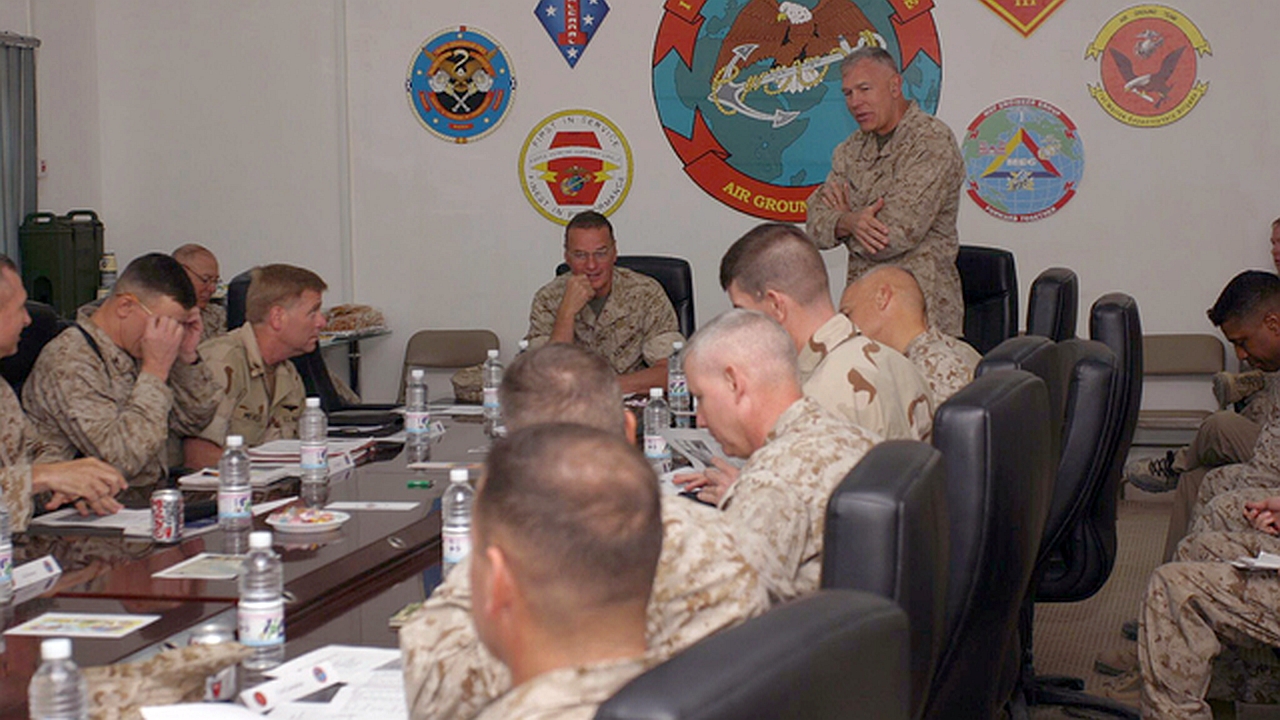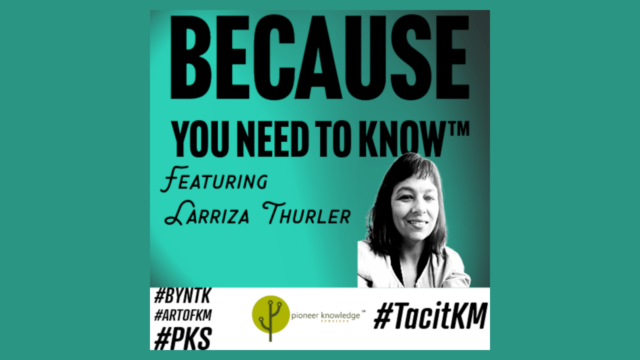
Organization Management Rhythm (part 9): Conclusion
This article is part 9 (and the final part) of a series of articles on Organization Management Rhythm.
Organization Management Rhythm provides a proven, effective way to identify information exchange requirements, establish cross-functional entities that answer senior staff questions, and synchronize information flow within the senior staff decision cycle.
This means no longer having meetings for the sake of having meetings, but rather having well-planned meetings that have clear objectives. Don’t keep staff tied up in pointless meetings, as this takes away the time they need for effectively carrying out their work. Free up staff to do what they were hired to do. Use the Organization Management Rhythm to analyze, decide, and implement better meetings, and in doing so, make the organization the best it can be.
The Organization Management Rhythm is a civilian adaptation of elements of the Operational Management Rhythm of the United States (U.S.) military. As this has not previously been done, knowledge management (KM) professionals can play a role in continuing to refine and further develop the Organization Management Rhythm.
Acknowledgements: Thank you to Tomi Antill, Keith Davis, Elise Keith from Lucid Meetings, JFHQ-C Leadership, and Kendra Albright from Kent State University, without whose support this series would not have been possible.
Header image source: U.S. National Archives, Public Domain.






